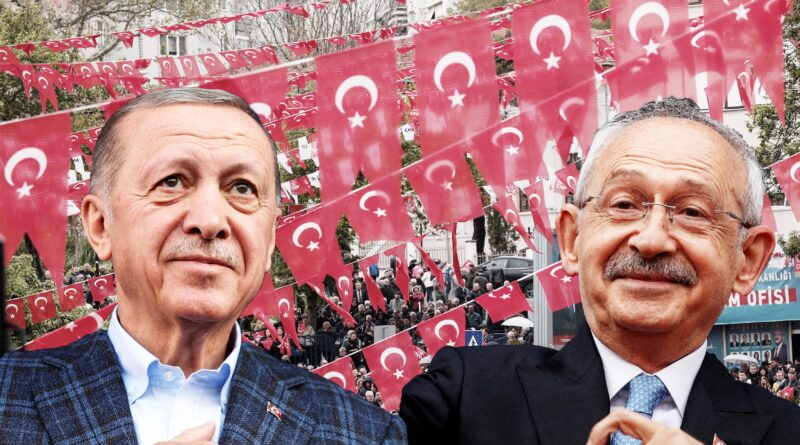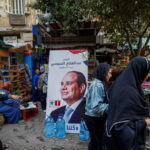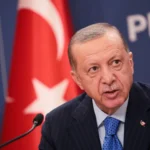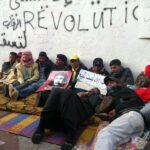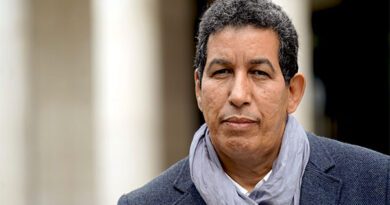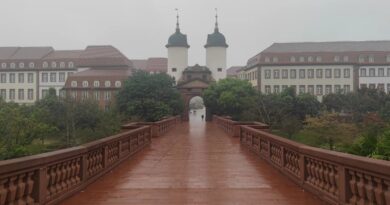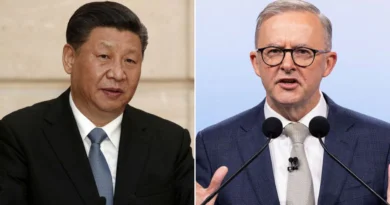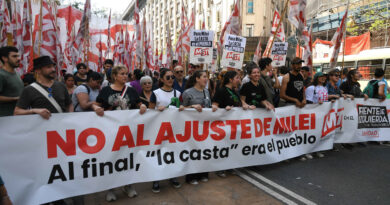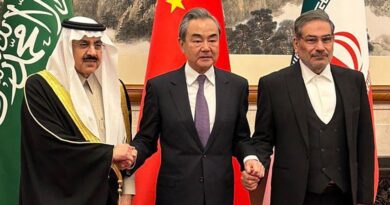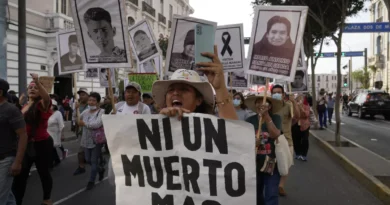A key election for Turkey's international role
RICARD GONZALEZ
Istanbul
Among Turkish political analysts there is a broad consensus when it comes to defining the legislative and presidential elections this Sunday as the most decisive in recent decades in Turkey. Although domestic considerations are dominant in this diagnosis, it is clear that its impact in the field of foreign policy will be significant, especially in the event of a victory for the leader of the opposition coalition, Kemal Kiliçdaroglu. In theory, two opposing visions of Turkey's position in the world face off at the polls.
On the one hand, President Recep Tayyip Erdogan, in power since 2002, perceives Turkey as an emerging power, with one foot on each continent, and which must base its foreign policy on its strategic autonomy with respect to the West. After initially trying to access the EU to protect himself from the intervention of the Turkish Army, when Brussels slammed the door in his face, Erdogan turned to the Middle East, a region where he feels more comfortable given the Islamist ideology of he.
Although the new approach was branded as "neo-Ottomanist", it was well received in neighboring countries, probably because it was deployed based on the tools of the so-called "soft power" - that is, economic and cultural, and not military. Therefore, they saw no risk of being subjected to old imperial ambitions. Now, after the Arab Springs, when the region split in two, Ankara chose the Islamist camp with Qatar, and faced the axis formed by Egypt, Saudi Arabia and the United Arab Emirates. It then ceased to be viewed with sympathy by a good part of Arab societies.
Turkey has often adopted revisionist positions regarding the global system, which have brought it closer to the approaches of emerging powers, such as Brazil or India. For example, she has questioned that only five countries have the status of permanent members of the UN Security Council. In addition, Erdogan himself has shown his interest in Turkey's entry into the Shanghai Cooperation Organization, of which Russia, China and the countries of Central Asia are part, and to which Saudi Arabia has also just joined as a "partner of dialogue". On the other hand, he has not taken a clear position on the de-dollarization of the world economy, although his powerful Interior Minister, Suleyman Soylu, recently stated that "the whole world hates the US" and that Europe is nothing more than "his pawn in Africa ”.
For all this, tension with the US is high, and reached its peak with the purchase from Moscow of the S-400 anti-missile system, which the Pentagon fears could endanger its operational fighter-bombers in the region. Washington responded to the challenge by expelling Turkey from the F-35 construction program and imposing various sanctions on it, an exceptional development considering that it is a member of NATO. His position on the war in Ukraine also arouses suspicion in Washington. Although it supplies - and promotes - its Bayraktar drones, the jewel of Turkey's thriving military industry, to Ukraine, it has not joined Western sanctions on Russia. This has placed the Turkish economy in an interesting intermediary position.
The opposition's vision on many of these issues is diametrically different. In the statements made by Kiliçdaroglu himself and by his foreign advisers, the desire for rapprochement with NATO and the EU has been emphasized. Not surprisingly, unlike Erdogan, the opposition considers Turkey to be part of the West. This could mean more support for Ukraine, but without jeopardizing economic relations with Russia, the main energy supplier. Likewise, progress could be made in the negotiation of a Customs Union with the EU, or in the signing of the collaboration protocol with Europol.
These latest measures, among others, should lead to Brussels including Turkey in the list of countries whose citizens do not need visas to enter the Union. There has also been speculation about the possibility that Kiliçdaroglu wants to revive the EU accession process, something that rather generates apprehension in Brussels, and that could be counterproductive for relations with the European bloc.
Despite all this, some experts warn that the West should not have too many illusions that an opposition victory will bring great changes. To begin with, an Executive led by Kiliçdaroglu would operate under some important restrictions that would condition its foreign policy. The first derives from the heterogeneity of its coalition, which includes conservatives, nationalists, Islamists and progressives, a cocktail that can be paralyzing if these parties are not capable of applying responsible management of their differences.
Furthermore, on some issue he may have a more disagreeable position for Europe than Erdogan, such as migration management. At the time, Kiliçdaroglu criticized the agreement between Brussels and Ankara regarding the reception of Syrian refugees, and has insisted during the campaign that Europe must participate more in this work instead of outsourcing it to third countries. An additional difficulty for rapprochement with the West is that the Erdogan era has reinforced the hostile view of the West, and especially the US, of a significant part of public opinion.
It should be noted that both Erdogan and the opposition coalition share a nationalist ideology. That is true of Kiliçdaroglu's party, the Ataturk-founded CHP, as well as its senior partner, Meral Aksener's IYI. Therefore, in those new aspects of Turkey's position in the world that highlight its status as an emerging regional power -such as its military projection in Libya- there may not be major changes. Perhaps not when it comes to questions of sovereignty or national identity either, such as the current obsession with the autonomous Kurdish region in Syria. Everything will depend on how far Assad wants to accommodate himself to some of the Turkish red lines. In short, many doubts are still in the air in decisive elections, and not only for the future of Turkey, but also for its neighbors and partners.

